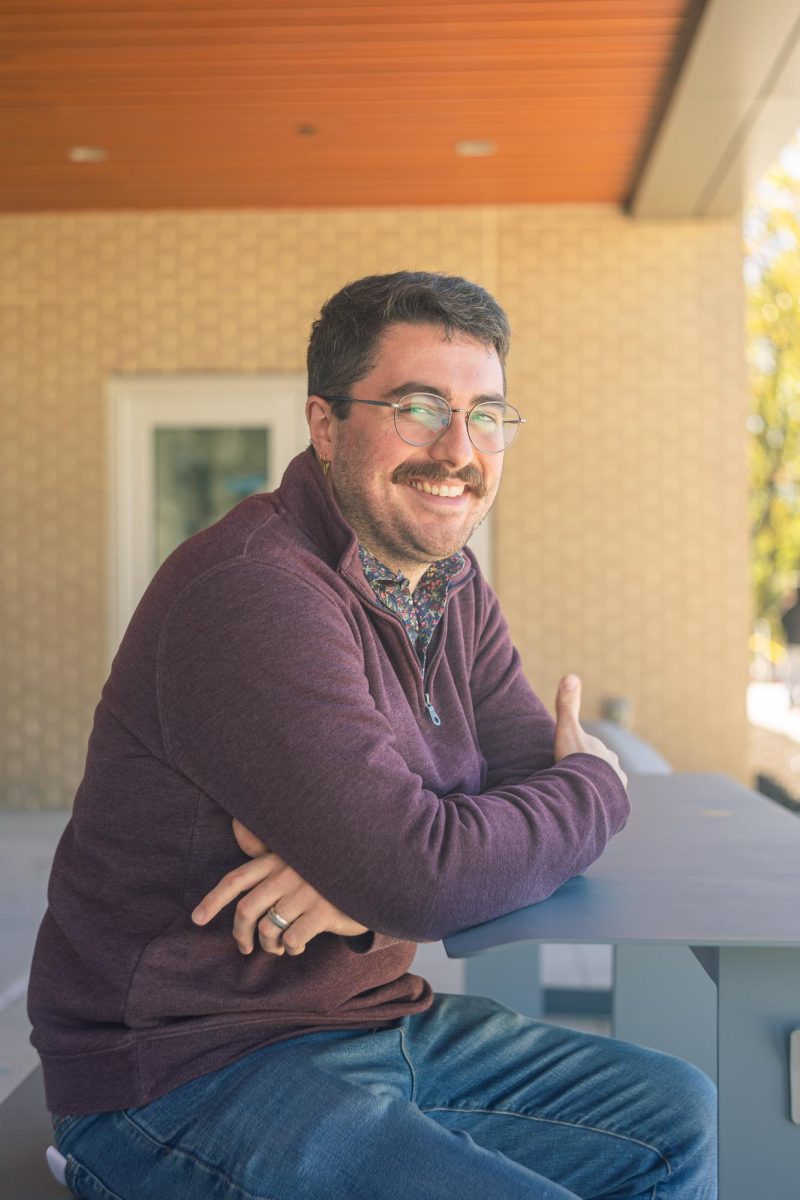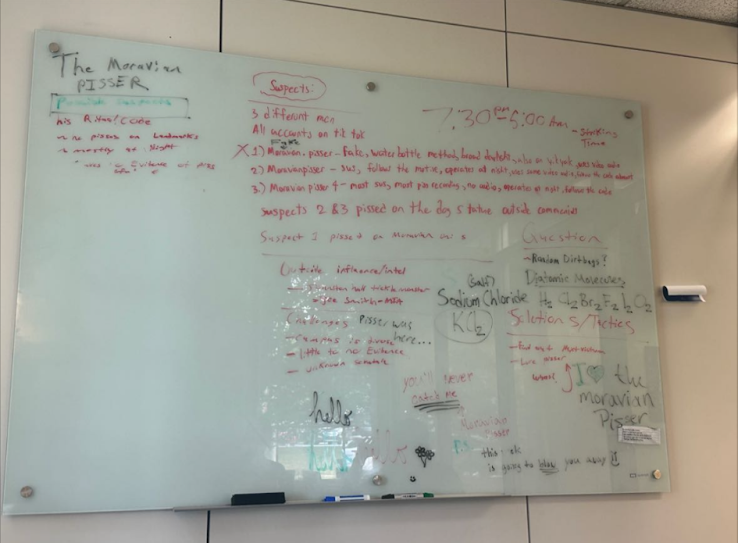The 2024 election was the first time most Moravian students could use their Constitutional right to elect a president, if not their first time ever voting. With an already highly contested election, our emotions were further heightened because you finally had ‘skin in the game,’ so to speak.
Whether your candidate won or lost this election, it is safe to say that either now or in the future, you will all deal with the pain that comes with the realization that the candidate you voted for did not win.
With this realization comes a flurry of emotions – sadness, anger, confusion, etc. – that you need to learn to process and cope with.
Our country is experiencing division like never before, and all of us must fight against it; do not let hatred and anger steal away in your heart, and don’t take your emotions out on others, whether they voted opposite to you or not.
This is easier said than done, especially when your friends and family have voted for a candidate with whom you disagree. Hate wins when you participate in hatred and you can love someone without having to agree with them, politically or otherwise. Positivity is nonpartisan.
While you can disagree with others, it is important to also surround yourself with people who hold the same core values as you and remove people with opposing values. Beliefs can change, but values are much more deep-seated.
Beliefs are the ideas and assumptions you form based on your daily experiences, while values are core principles that guide us through life and that you believe to be important.
When you attempt to form relationships with people who hold different values, a toxic relationship can begin to form, which is bad for all parties involved.
Post-election, it can be hard to see and speak to people with different beliefs. Emotions are running high and you can often say things you don’t mean. Forgiveness is a process, and you can and should take time away from people who will cause or strengthen these negative emotions.
However, there is a fine line between being around people you disagree with and being around people who make you feel unsafe. For many, it can feel like their rights are on the line and if a person is making you feel unsafe, it is completely okay to stay away from them and cut contact.
There are also instances where you cannot stay away from these individuals, whether that is an upcoming holiday gathering, the people you live with, a workplace environment, etc. In these cases, make sure you are prioritizing your mental health before and after these interactions.
Before entering a space that makes you feel uncomfortable or unsafe, take a few minutes to build a mental bubble around yourself. Enter a mindset that allows you to disregard comments being made, and elect not to participate in these conversations. Don’t allow anyone’s words to penetrate your bubble, and don’t let their words follow you out of that space.
While it is important to stay informed, it is just as necessary to protect your individual well-being and mental health. Taking space to process your emotions without input from anyone or anything else is vital. Removing social media or placing time limits can help clear your mind and remove yourself from fear-mongering and disinformation being spread rampantly.
Taking time to journal can also help process these emotions. Writing your thoughts out, whether on a laptop, your notes app on your phone, or in a paper journal can help slow and declutter your mind.
Talking with your support system can also be beneficial. Having conversations with those who support your beliefs can help you feel less alone and give you room to process together.
Using healthy coping mechanisms is important, as well. Make sure you are eating well, getting enough sleep, and exercising regularly. When these negative emotions occur, it is most important to dig deep into these habits.
If you find yourself struggling, utilize campus resources such as the Counseling and Psychological Services (CAPS) department, the CAPS Election Stress Kit, the Office of Spirituality and Inclusion, and more.














